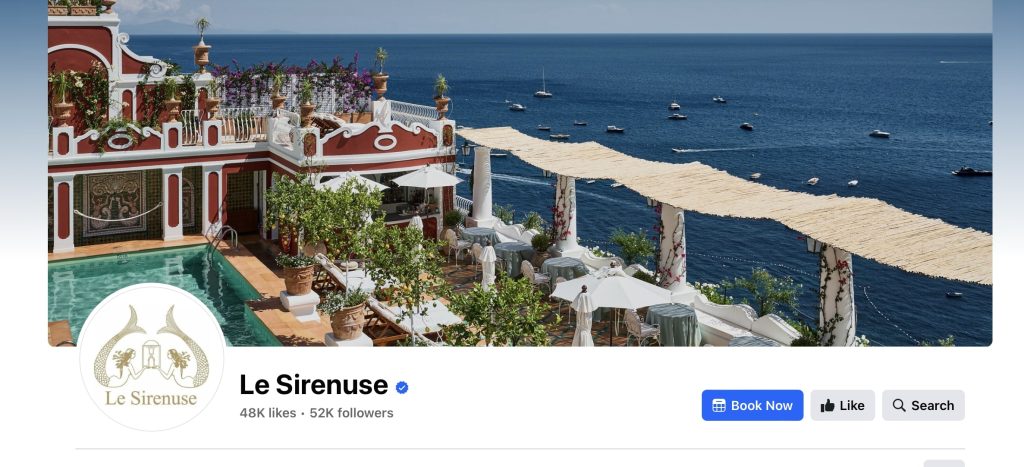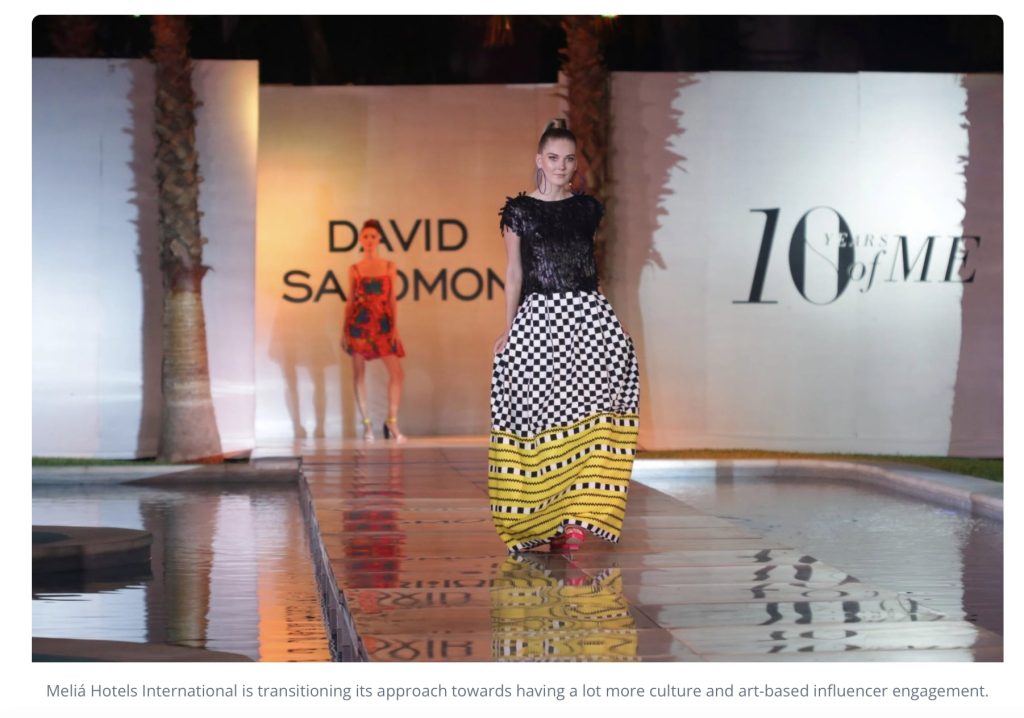Navigating the world of marketing strategies for hotels can feel like trying to find your way through a dense, ever-changing forest. Each turn presents new challenges and the path forward is rarely clear. A pressing issue many hoteliers face is not just attracting guests. But creating experiences that are so captivating they linger after checkout. In an era where digital reigns supreme and guest expectations are sky-high, the old playbook of hotel promotions simply doesn’t cut it anymore.
Let’s face the reality head-on: the hospitality landscape is saturated, and standing out is no small feat. Potential guests are bombarded with endless choices, making it all too easy for your hotel to blend into the background.
This isn’t just about visibility; it’s about resonating on a personal level. It includes crafting a narrative so compelling that the choice becomes not just clear, but inevitable. Coming up are three actionable marketing strategies for hotels
1. Social Media Platforms
A standout example of a hotel chain leveraging this to their advantage is Le Sirenuse. They’ve mastered the art of engaging with their audience. The strategy that makes them really stand out though is the thoughtfulness of their text. Their posts feel more like mini diary entries than advertisements. This approach not only increases their visibility but also deepens the connection with their audience by offering a glimpse into the brand’s philosophy and values.

image source: lesirenuse
Another effective strategy seen in the hotel industry involves engaging with online reviews and customer feedback.
Lowews Hotels introduced Travel Tuesdays. They are saved stories that feature a rotating cast of destinations displayed like a virtual scrapbook. Viewers learn about popular tourist attractions along with local trivia and special offers from the brand.
Hotel Regina Wengen had incredible results with their strategy. It involved crafting a captivating narrative on Instagram and making purposeful use of video content. This approach led to a 232% increase in engagement and 16.6k video views on Facebook. Furthermore, their unique advertising campaign reached 90,000 people, building a retargeting audience of 10,000.
It goes without saying, the use of social media in marketing hotels can significantly amplify a brand’s reach and deepen its connection with potential guests. Hotels can create a compelling online presence that translates into real-world success, by adopting a multi-faceted approach that includes:
- engaging content
- responsive customer service
- genuine online interactions
2. Content Marketing
Successful case studies from various hotels highlight the impact of well-crafted content marketing strategies for hotels.
For instance, The Pig, a hotel brand known for its kitchen gardens, expanded its reach beyond the hotel premises by publishing a cookbook. This wasn’t just about recipes; it included gardening tips and interior inspiration, turning their food and beverage offerings into engaging content that draws guests.
Radisson Hotel Group’s collaboration with Accenture on digital marketing efforts showcases the significance of a well-rounded content marketing approach. It encompasses SEO and digital content optimization to enhance guest engagement and increase bookings.
SiteMinder suggests leveraging customer stories and testimonials as social proof to highlight the quality of the guest experience. This approach capitalises on the credibility that comes from genuine guest feedback, enhancing the hotel’s appeal.
These examples illustrate the diverse way marketing strategies for hotels can be implemented to attract, engage, and retain guests, ultimately driving bookings and revenue. Whether through storytelling or leveraging social proof the key is to create content that resonates with the target audience. Offer them valuable information and an emotional connection to the brand.
3. Influencer Collaborations
Influencer collaborations have proven to be one of many useful marketing strategy for hotels looking to enhance their marketing efforts.
For example, The Embassy Row Hotel in Washington D.C. capitalised on this approach by partnering with the @IGDC Instagram community to create an Instagram Walking Tour, highlighting the most «Instagrammable» spots in the Dupont Circle neighbourhood. This initiative not only provided guests with a unique experience but also facilitated additional exposure through the influencers’ promotion of the tour.
Meliá Hotels International presents another compelling case of influencer marketing success on a global scale. The company operates a robust influencer marketing system across its diverse brands and locations worldwide. They categorise influencers into identified, engaged, and advocates, maintaining a database to optimise investments and improve efficiencies.
This systematic approach has led to significant traffic from social media to their booking website, with influencers playing a key role in content variety and quality. By tailoring their influencer approach to each brand’s unique identity and needs, Meliá Hotels International has managed to create authentic content that amplifies the stories of their properties.

Furthermore, Meliá’s comprehensive influencer program across its brands and hotels has shown impressive results. By activating more influencers and focusing on high-quality engagements, the hotel chain saw a substantial increase in video views and audience engagement, particularly around key booking topics.
This data-driven strategy allowed Meliá to streamline influencer selection and evaluation processes, leading to more successful collaborations and a significant increase in reach and mobile sales.
These examples highlight the importance of choosing influencers who align with the hotel’s target demographic and brand values, ensuring the partnership is genuinely beneficial for both parties.
Conclusion
The landscape of marketing strategies for hotels is diverse, with numerous tools and platforms available to help you reach your target audience and promote your property effectively.
By strategically integrating these tools into your marketing plan, you can enhance your hotel’s visibility, engage with potential guests in meaningful ways, and ultimately drive more bookings.
Remember, the key to successful hotel marketing lies in understanding your audience and choosing the tools that best align with your brand’s message and goals.
But for all your hotel management system needs, not marketing, contact Sirvoy today!




